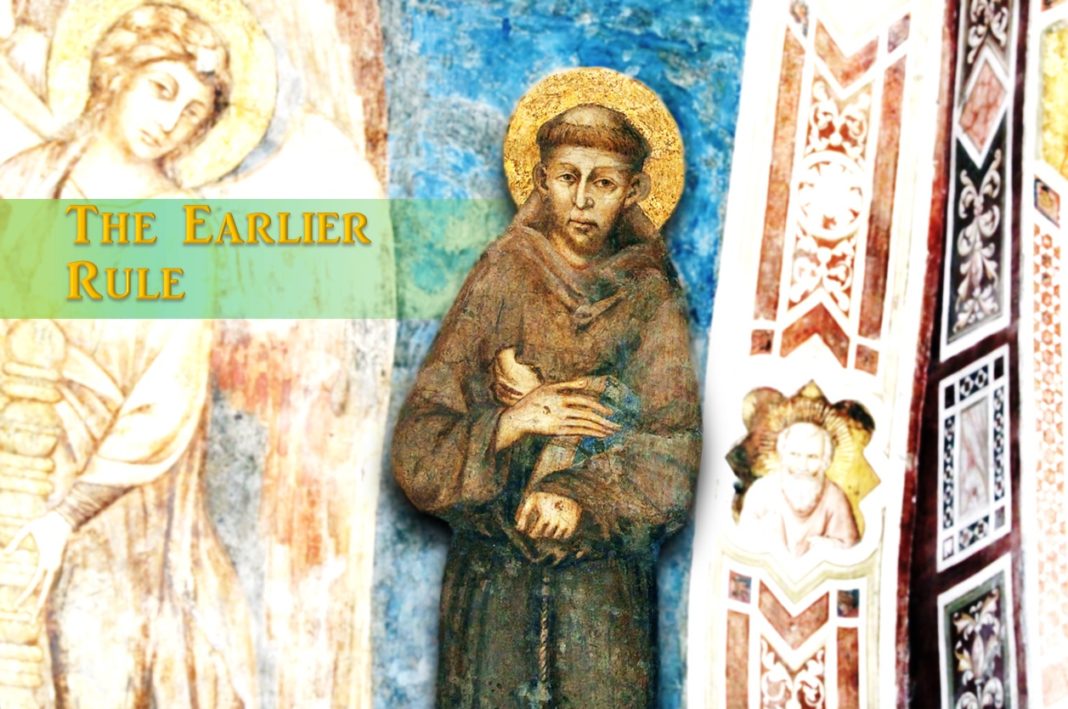In chapter V of the Earlier Rule, it is interesting that when Francis asks the friars to be minor, he does not relate this aspect of the Minorite life to poverty. Instead, he puts it in the framework of obedience. The Saint of Assisi writes:
Likewise, let all the brothers not have power or control in this instance, especially among themselves; for, as the Lord says in the Gospel: The rulers of the Gentiles lord it over them and the great ones make their authority over them felt; it shall not be so among the brothers. Let whoever wishes to be the greater among them be their minister and servant. Let whoever is the greater among them become the least [1] (cf. Mt 20:25-26; Lk 22:26).
Francis, following the example of Jesus Christ, when speaking of fraternal relationships, makes a comparison with the “the rulers of the Gentiles,” making it clear that the relationship between brothers must not have this modality. This leads us to affirm that this “being minor,” this embracing the minority proposed by the Poverello of Assisi, is less about responding to wealth and more about responding to “power.”
We often confuse “being minor” with “being poor,” as we have already pointed out in previous articles. Francis knew that poverty without minority could lead to boasting, to the pride of believing oneself to be holier than others; creating an absurd competition, pitting friar against friar, friary against friary and Order against Order in order to prove who was the poorer. It is no coincidence that, in his writings, the Saint of Assisi refers much more to obedience than to poverty. Only those who become obedient can embrace being lesser, following the example of the great Master who made himself obedient, obedient to death, even death on a cross[2].
Whoever obeys makes himself small, makes himself poor, because Francis sees in Christ’s obedience the “highest form of expropriation.”[3] Whoever is capable of renouncing his own selfishness in order to embrace God’s will (the “penance” that we talked about in the previous reflection), will be capable of living the spirit of minority. Otherwise, every gesture, every manifestation of poverty or humility, will simply be a front, a race for bragging rights, or a simple search for emotional compensation. The line of thinking from the previous sentence finds itself aptly reflected in the following Admonition:
There are many who, while insisting on prayers and obligations, inflict many abstinences and punishments upon their bodies. But they are immediately offended and disturbed about a single word which seems to be harmful to their bodies or about something which might be taken away from them. These people are not poor in spirit, for someone who is truly poor in spirit hates himself and loves those who strike him on the cheek [4] (cf. Mt 5:39).
Until the next reflection!
Friar Elio J. ROJAS
[1] Earlier Rule V, 9-12; FF 19
[2] Cf. Phil 2:8. Read also: Admonitions VI; FF 155.
[3] Cf. L. Iriarte, La vocación Franciscana, Valencia 1989.
[4] Admonitions XIV; FF 163



















